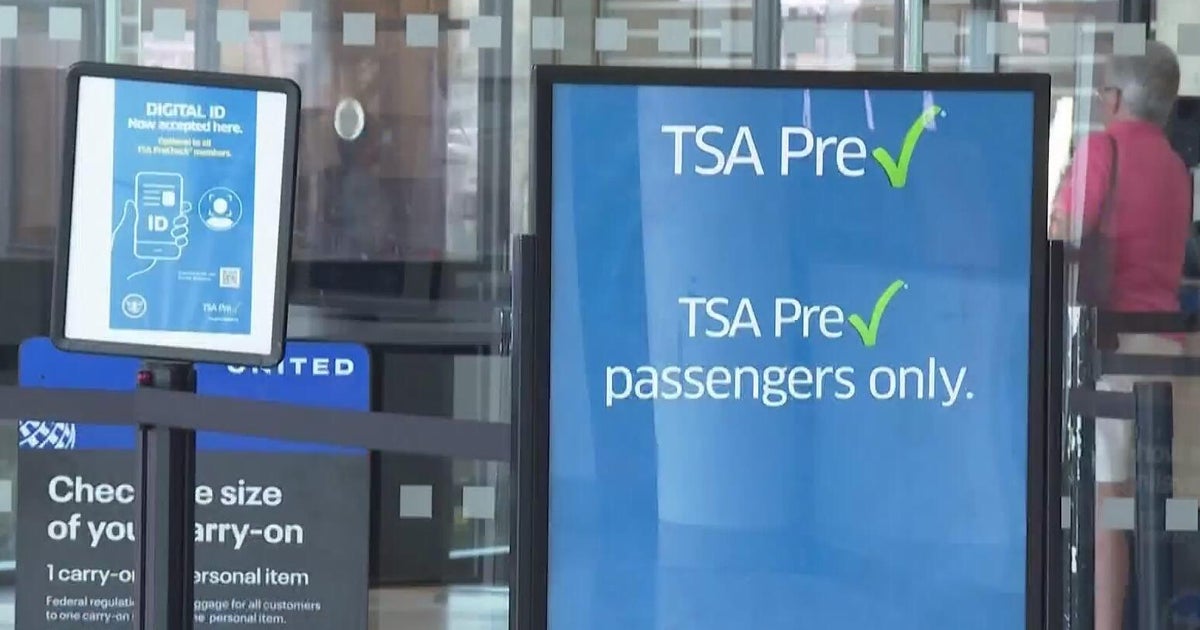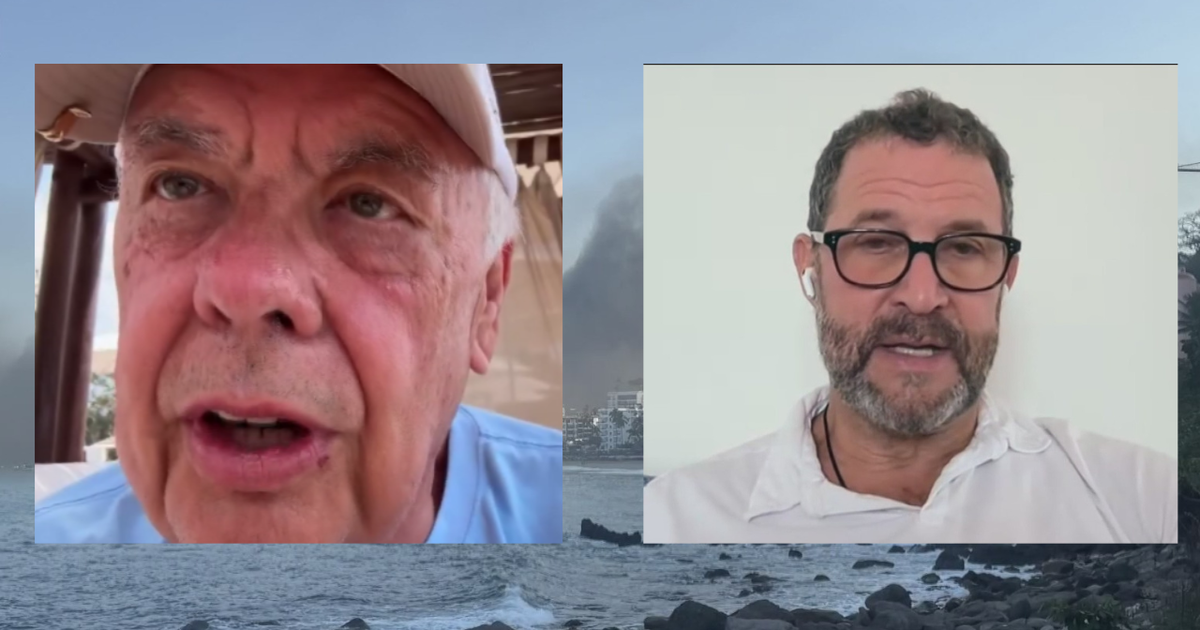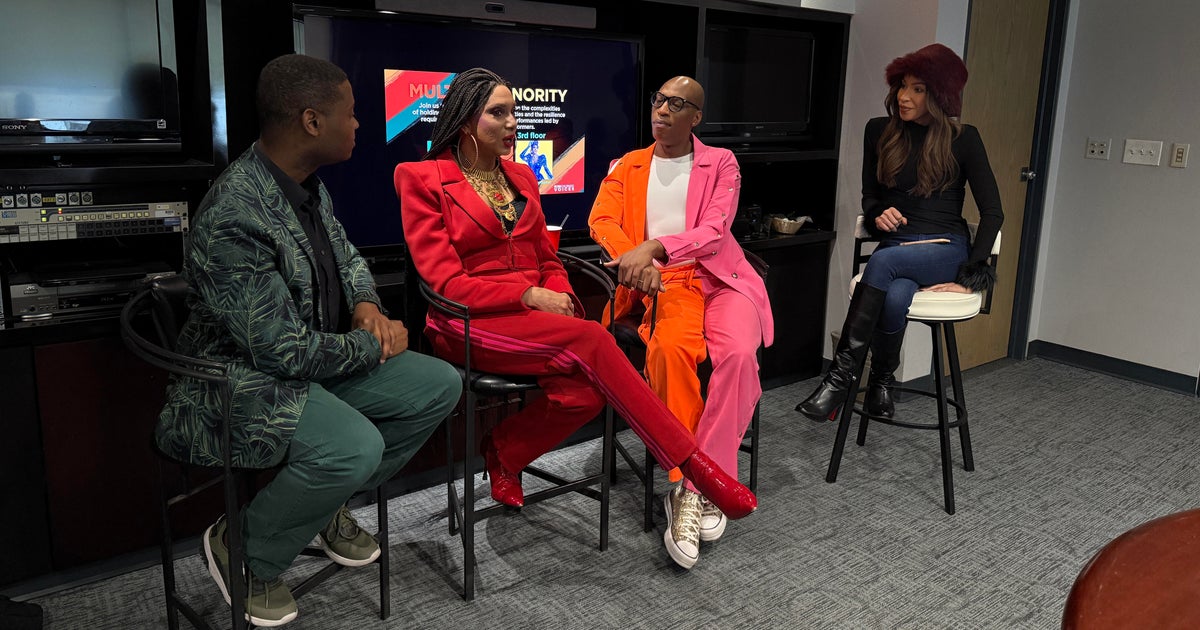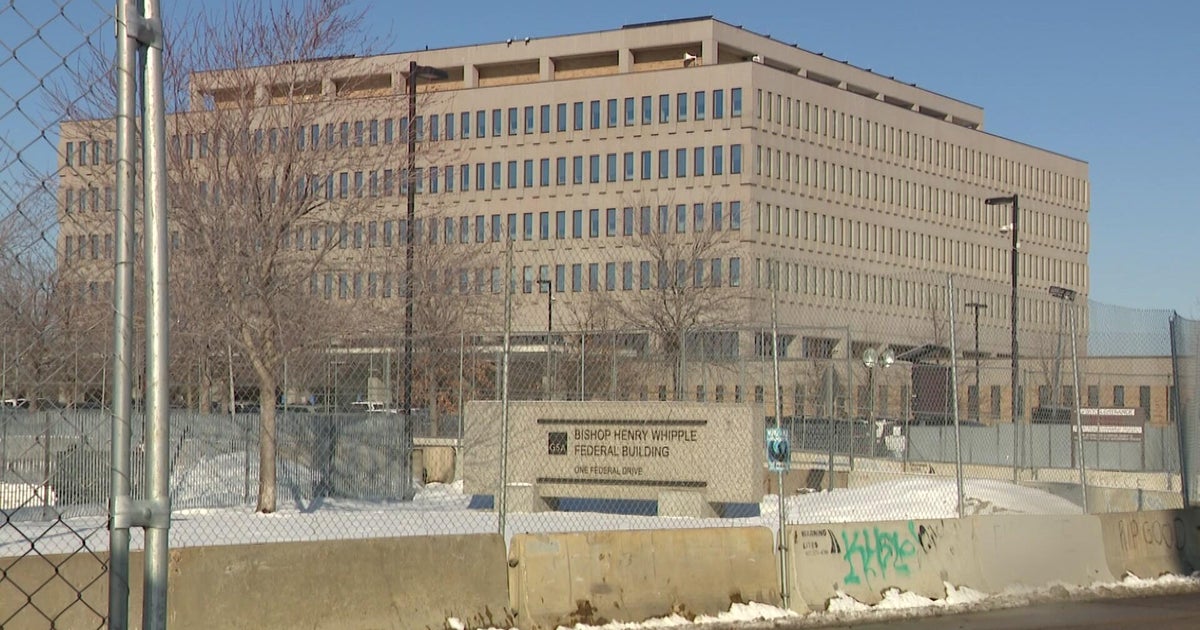'You won't tell the difference': Fake luxury goods and counterfeit bills seized at O'Hare
CHICAGO (CBS) -- Fake money, phony designer clothes and purses, and counterfeit key fobs.
Holiday shopping madness is underway and U.S. Customs and Border Protection wants to make sure you don't get duped. CBS 2's Shardaa Gray spoke with officers who showed CBS 2 how to spot a knock-off brand.
At first glance, the "dollar bills" look real. Christopher Macko is a U.S. Customs and Border Protection supervisor officer at the International Mail Facility at O'Hare.
"It's cut differently, but from the naked eye, you can't tell," Macko said. "So if you put real money in between this money, it will get passed. You won't tell the difference if you're just thumbing through it."
That's what U.S. Customs and Border Protection doesn't want to happen. That this fake money getting through O'Hare's International Mail Facility.
But if you turn the bill over, it's fake.
"With us, you can tell right away. It says 'copy."
It's not just money they're seizing. They're confiscating knock-offs of name brand purses, jewelry and clothes. They're items you're likely looking for as Christmas gifts.
From October 2021 to October 2022, at O'Hare, the agency said it caught millions of dollars worth of items that violate Intellectual Property Rights or trademark infringement.
"This year alone, we've seized approximately $7 million worth of IPR merchandise. That's quite a lot," said Nadia Varela, Chief CBP Officer. "Gucci, Dior, Rolex, Fendi and Chanel, all fake. U.S. Customs and Boarder Protection can spot this as a fake by the way it smells and feels."
"If it's missing an ID number, per say, then you know it's counterfeit," Varela said.
Homeland Security agents are zeroing in on scammers overseas who they say are shipping these duped items.
"The big three offending countries are China, India and Turkey. And that fluctuates. Different countries produce different types of goods," said Matthew Gauder, Homeland Security Investigations Special Agent.
CBP said it's not just trying to protect your pockets, but the material could affect your health as well.
"They don't know what kind of material is being used. Could they be potentially toxic? Could they be harmful? That's just some of the things that they should keep in mind this coming winter season," said Varela.
Homeland Security said the economic impact is estimated between $500 to $600 billion a year nationally. In terms of perspective, that's slightly bigger than the global drug trade.







